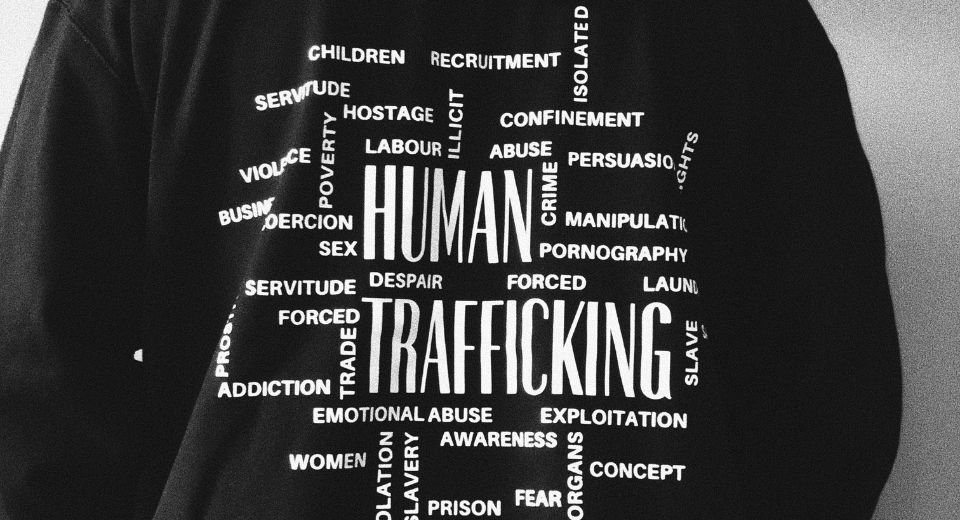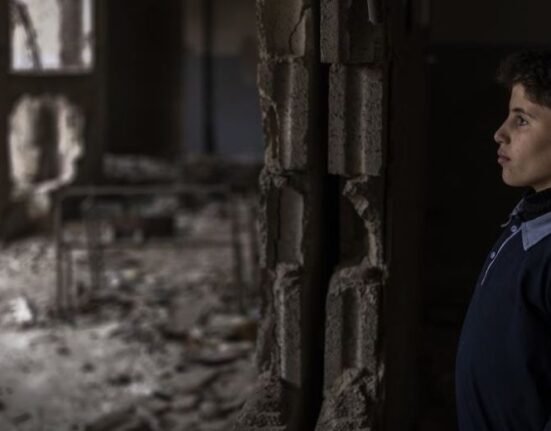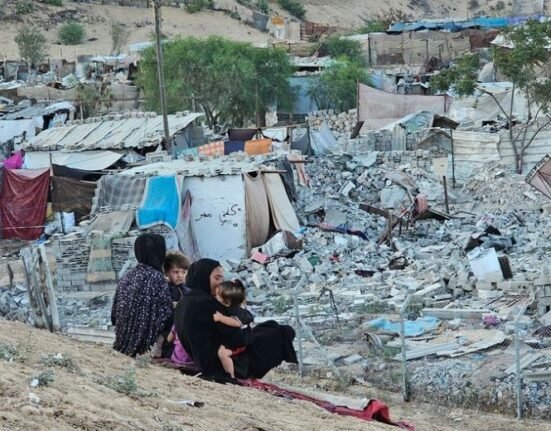HQ Team
February 11, 2025: Forty-nine bodies, likely of migrants, were found in two mass graves in Libya, according to the UN agency, the International Office of Migration.
Nineteen bodies were discovered in Jakharrah, around 400 km south of the coastal city of Benghazi, while at least 30 more were found in a mass grave in the Alkufra desert in the southeast. It is believed the second grave may contain as many as 70 bodies, according to a statement from the IOM.
The route across the Libyan desert to the shores of the Mediterranean is often used by traffickers to smuggle people to Europe.
The agency was yet to confirm how the people died or their nationalities, and the recovery of the bodies indicates the ongoing, deadly dangers that vulnerable people fleeing conflict and poverty face.
‘Perilous journeys’
“The loss of these lives is yet another tragic reminder of the dangers faced by migrants embarking on perilous journeys,” said Nicoletta Giordano, IOM Libya Chief of Mission.
“Far too many migrants along these journeys endure severe exploitation, violence and abuse, underscoring the need to prioritize human rights and protect those at risk,” she said.
The graves were both discovered following a police raid reportedly on a human trafficking site, during which hundreds of migrants were rescued from traffickers.
Libyan security forces continue operations to capture the people responsible for the deaths of the migrants, and according to news reports, one Libyan and two foreign nationals have been arrested.
The UN agency urged the Libyan authorities “to ensure a dignified recovery, identification, and transfer of the remains of the deceased migrants, while notifying and assisting their families.”
Land routes
In March 2024, the bodies of 65 migrants were found in the southwest of Libya.
According to IOM’s Missing Migrants Project, out of the 965 recorded deaths and disappearances in Libya in 2024, more than 22% occurred on land routes.
“This highlights the often-overlooked risks migrants face on land routes, where fatalities frequently go underreported,” the agency stated. “Strengthening data collection, search and rescue efforts, and migrant protection mechanisms along these routes is crucial to preventing further loss of life”.
The migration agency has urged all governments and authorities along migrant smuggling routes to strengthen regional collaboration to safeguard and protect migrants, irrespective of their status.
The IOM works to manage migration in a humane and orderly way. Its work focuses on saving lives, protecting people, and developing solutions to displacement.








